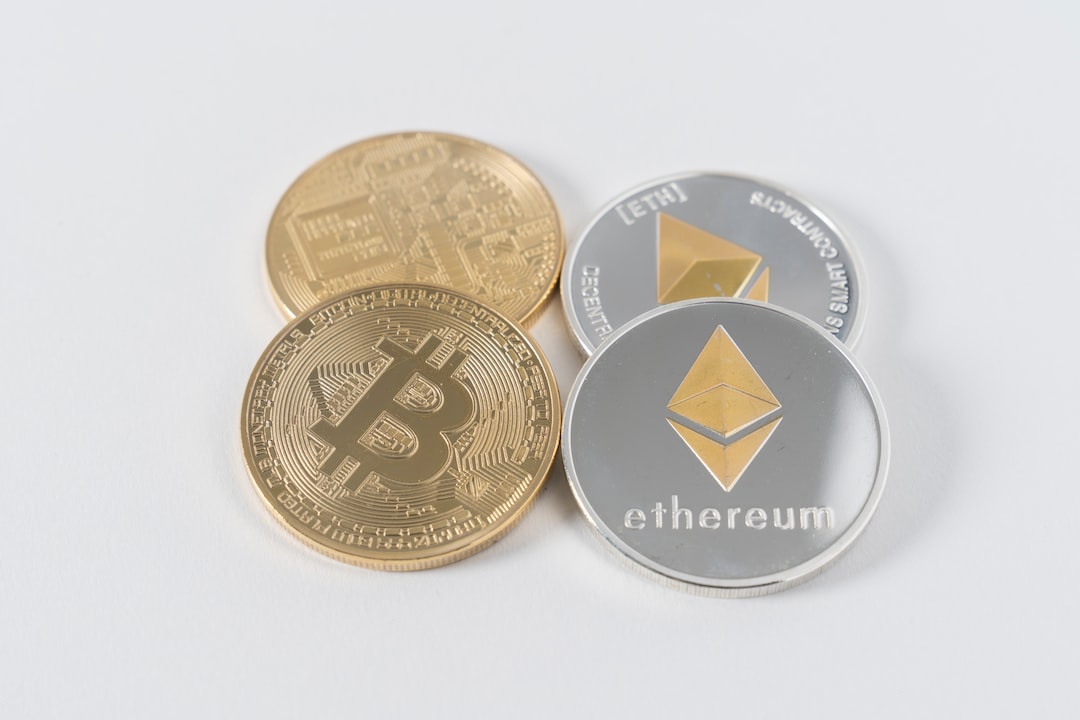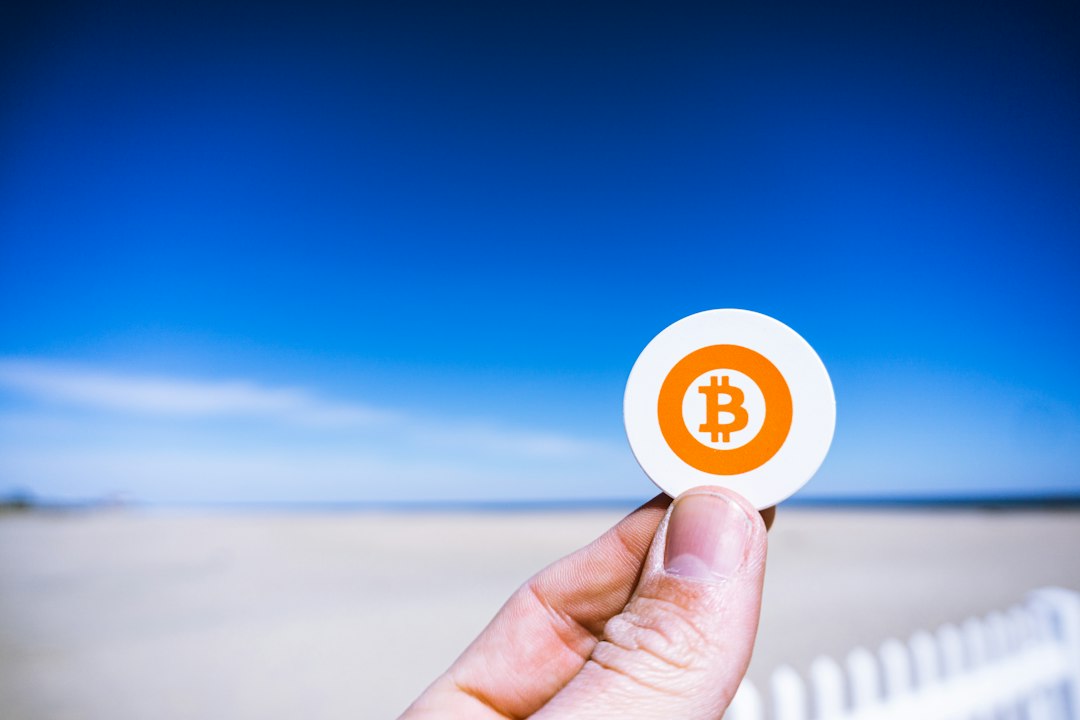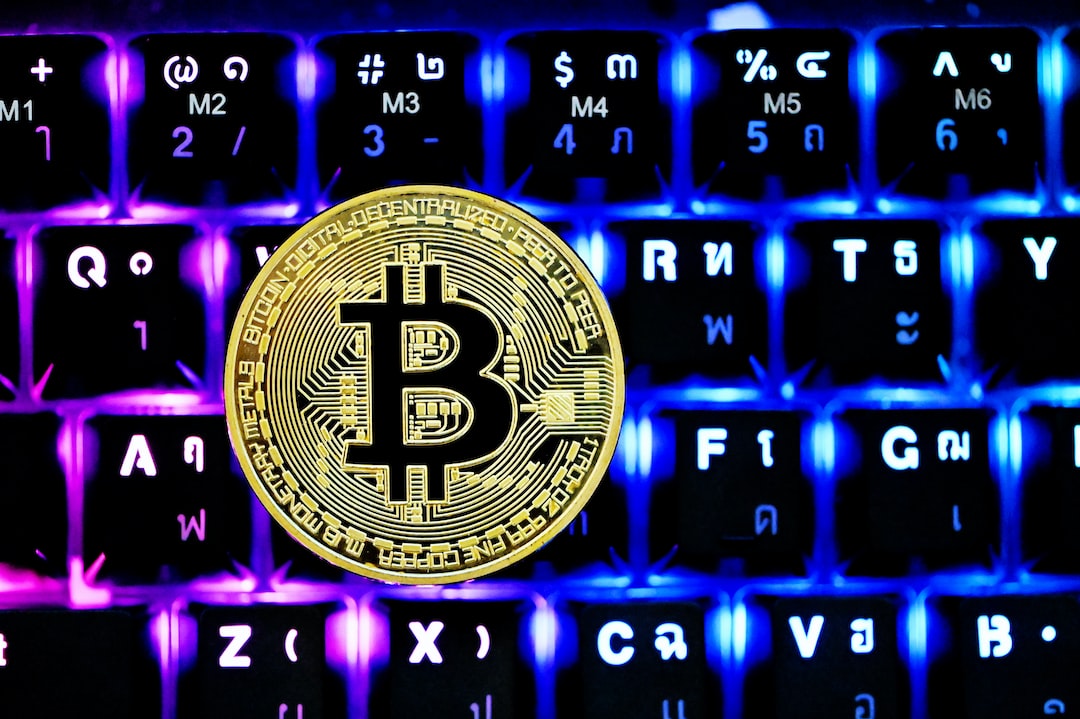Understanding MobileCoin: The Rise of Privacy in the Digital Payment Era
If you’ve been following the cryptocurrency space, you’ve likely heard about MobileCoin. It’s a relatively new player in the digital payment world, but it’s been making waves due to its focus on privacy and security. In this article, we’ll take a closer look at MobileCoin, how it works, and why it’s gaining attention as a potential game-changer in the world of digital payments.
What is MobileCoin?
MobileCoin is a cryptocurrency that was designed with mobile devices in mind. It aims to provide a fast, private, and secure way to make digital payments using your smartphone. The project was founded by Joshua Goldbard and Gary Lachance, with backing from prominent figures in the tech and cryptocurrency space.
The core idea behind MobileCoin is to create a digital currency that prioritizes privacy without sacrificing speed or usability. This sets it apart from other cryptocurrencies like Bitcoin or Ethereum, which are known for their transparent, but not necessarily private, transaction history.
How Does MobileCoin Work?
MobileCoin operates on a protocol called Stellar Consensus Protocol (SCP), which enables fast and secure transactions. Unlike other cryptocurrencies that rely on energy-intensive proof-of-work algorithms (like Bitcoin) or complex smart contract platforms (like Ethereum), MobileCoin uses SCP to achieve consensus on its network.
When you make a transaction using MobileCoin, it’s processed within seconds thanks to SCP. This makes it ideal for everyday use cases where speed is crucial. Additionally, MobileCoin transactions are designed to be private by default. This means that your transaction history is not visible to anyone except you and the recipient.
The Role of Signal
In addition to its technical underpinnings, one of the most unique aspects of MobileCoin is its integration with the popular encrypted messaging app Signal. Signal has long been known for its commitment to user privacy, and the partnership with MobileCoin further solidifies this reputation.
By integrating MobileCoin into Signal’s ecosystem, users can easily send and receive payments within the app without compromising their privacy. This seamless integration could potentially drive widespread adoption of MobileCoin as a mainstream digital payment solution.
The Importance of Privacy in Digital Payments
In today’s digital age, privacy has become an increasingly important concern for individuals and businesses alike. With traditional payment systems, such as credit cards or bank transfers, there is always a risk of sensitive financial information falling into the wrong hands.
This is where cryptocurrencies like MobileCoin come into play. By leveraging cryptographic techniques and decentralized networks, they offer a level of privacy and security that traditional payment methods simply can’t match. This makes them an attractive option for anyone who values their privacy in an increasingly surveilled world.
The Future of MobileCoin
As MobileCoin continues to gain traction in the cryptocurrency space, many are excited about its potential to revolutionize digital payments. Its focus on privacy and usability sets it apart from other cryptocurrencies and could position it as a leader in the digital payment industry.
If you’re interested in exploring the world of cryptocurrency or looking for a more private alternative to traditional payment methods, keeping an eye on MobileCoin could be worthwhile. Its integration with Signal and emphasis on user privacy make it an intriguing option for those seeking a secure and convenient way to handle their finances.
Frequently Asked Questions
Is MobileCoin available for use?
Yes, you can use MobileCoin for making digital payments through compatible wallets or apps that support the currency.
Is MobileCoin truly private?
MobileCoin transactions are designed to be private by default, meaning that your transaction history is not visible to anyone except you and the recipient.
How does MobileCoin compare to other cryptocurrencies?
MobileCoin stands out due to its focus on mobile usability and privacy by default, setting it apart from other cryptocurrencies that may prioritize different features.





 By
By
 By
By
 By
By
 By
By
 By
By